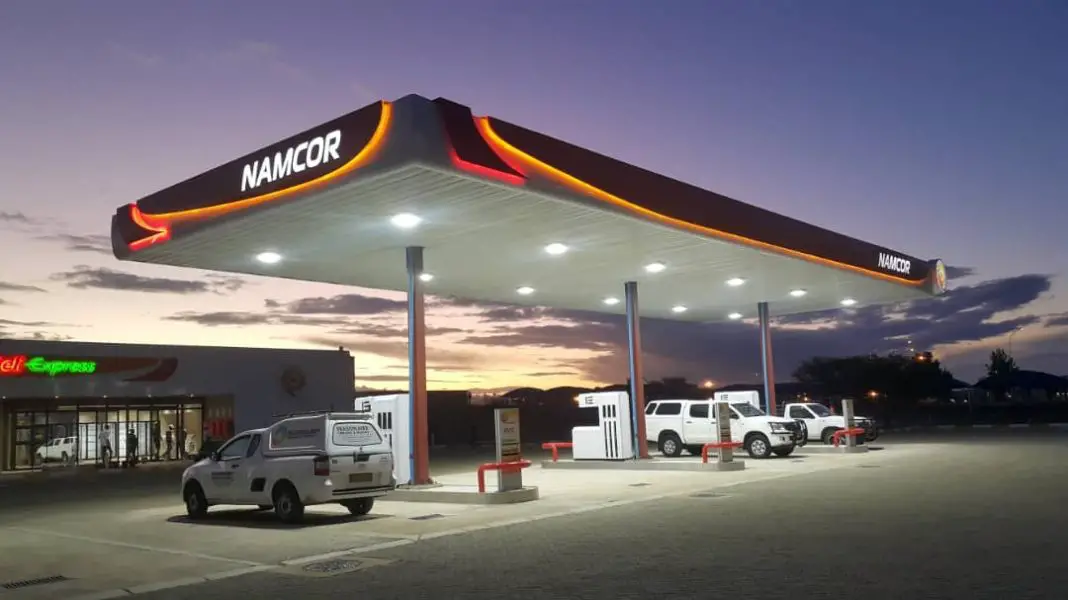The Namibian Petroleum Corporation (Namcor) proposes building and funding three more bulk petroleum storage facilities at Ondangwa, Gobabis, and Windhoek. The procurement management section of the state-owned and loss-making firm issued a request for proposals for the building, financing, commissioning, operating, and maintenance of a bulk fuel storage facility last Friday.
Also Read: University of Namibia to Build an Ecotourism Campus in Zambezi
The Namibian Petroleum Corporation’s managing director Immanuel Mulunga said the company aims to build three inland warehouses with capacities ranging from three to five million litres apiece. The corporation stated that it was searching for someone to fund, develop, and run the facilities for us within three years. The investor’s operation of these depots will last longer than three years. Namcor will most likely be one of the depot users, with other interested firms able to utilize the others, according to Mulungu.
Investor needed for proposed Namcor fuel facilities
The project’s ultimate goal is to find an investor with the necessary technical and financial skills, as well as an experienced team, to construct, manage, and transfer bulk fuel storage facilities to Namcor within the next three years. From December 9, 2021, the tender materials will be available electronically.
According to Mulunga, bulk oil storage at the seaside will feed the interior depots. Namcor took over the government’s multibillion-dollar national oil storage facility in Walvis Bay in March of this year. The project, which began construction in January 2015, includes a tanker jetty, multiple product pipelines, and a terminal with seven tanks with a capacity of 75 million liters. This facility was built as a strategic storage facility with the primary goal of boosting Namibia’s fuel supply security from seven to ten days to thirty to forty-five days in scenarios where the government cannot import petroleum products.
The Namibian Petroleum Corporation has also formed relationships with more than ten firms, some owned by politicians, to establish 33 gasoline service stations around the country by 2024.
